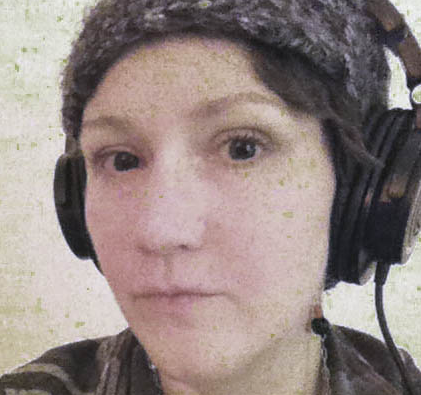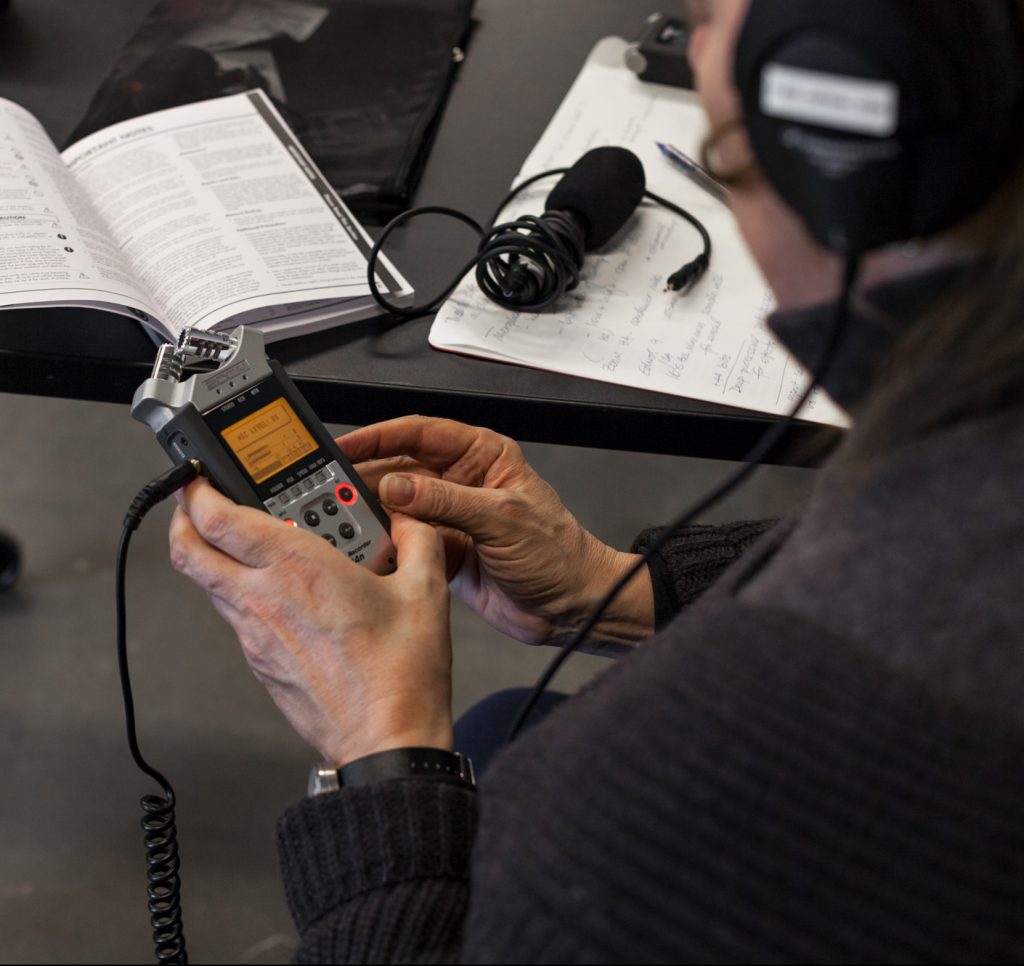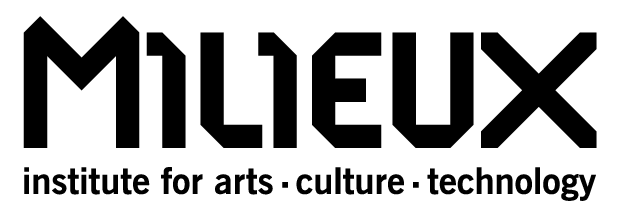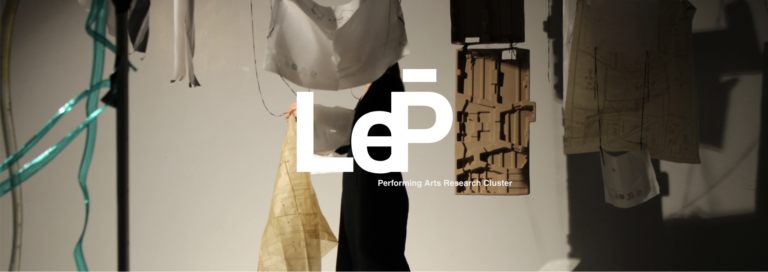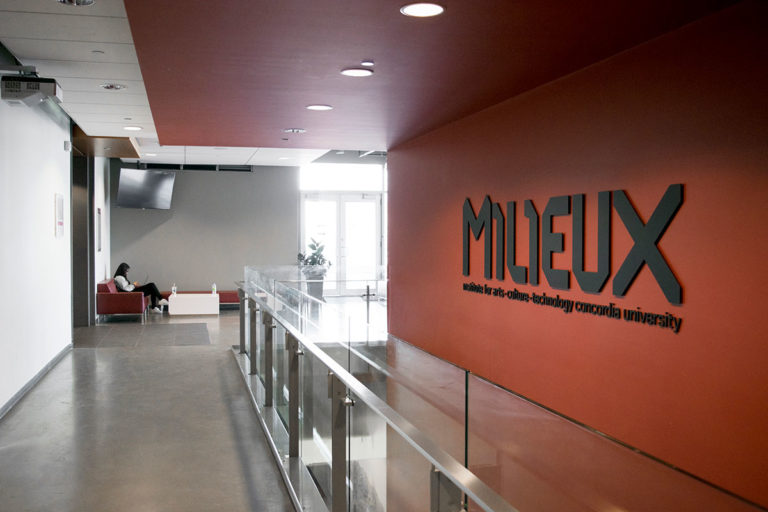Helena Kobrath is a multimedia artist. We sat down with Helena before her Sound Environments Workshop Series to discuss sound recording and more! A member of the Community and Differential Mobilities research cluster, she is currently completing her MA in Media Studies.
How did you get into sound/recording projects?
My work with sound began in art projects and later widened to include my research questions about municipal development and settler colonial narratives. I didn’t set out to work with sound, but it was through a course at Simon Fraser University that I got really excited about it. I’ve always been consumed with art-making and story-telling, but I hadn’t really considered sound as a phenomenon. Over the course of the term, I learned to listen in a way that I hadn’t experienced before. It was like discovering a new sense. I started to perceive the physical world and political economies around me differently by listening. I also became obsessed with hunting for sounds with my field recorder and creating digital compositions from them.
What was your first project and what have you learned since?
My first project was a mash-up of field recordings and staged sounds (mostly construction tools) that audio-illustrated a narrative. It’s part of a longer multi-media fiction project I’m working on. I learned you don’t have to do everything yourself. It’s ok for me to get help setting up a piece of equipment so I can work with it, rather than needing to do it all myself. At the same time, I’m always trying to expand my comfort zone. I never imagined myself using recording equipment or software. I get really frustrated sometimes, but I learned not to be scared of creating workarounds and doing things “wrong.” Audio technology can feel exclusive, elitist, and confusing (and help forums sometimes make things more bewildering than less). But rather than “being good” at technology, you figure it out with trial and error and help from patient people.
What makes a successful sound project?
In terms of a composition, success is when the idea arrives from playing with tools or vice versa. The opposite is when a technical challenge or a lack of equipment holds me back.
A successful soundwalk performance, for me, starts with a route that respects inhabitants and histories. A group that navigates listening with collective attention can create amazing energy. We end up in the space to experience the soundscape as meaningful and unsettling or sublime.
In research, a successful sound project adds new facets to how I understand space and social processes. If field recordings and listening experiences reveal ways that ideology and power are working, or provide non-capitalist imaginations of connectivity, I consider that a success.
How would you describe the Sound Environments Workshop Series you are hosting?
I’d like to think of it as a constructive play-time and a chance to consider how acoustic experience might intersect with all kinds of projects and research. We’ll do hands-on activities and perform a soundwalk downtown. Alchemy will happen when we bring our perspectives together. We will hack through some tools and get our hands dirty. I’m most excited to hear how the participants conceive sound and space and where they are going with their research.
What do you hope to accomplish with the workshop? What do you hope people will take away?
I hope people will be stimulated and stirred-up by dimensions of sound. I’d love it if the workshop ends up encouraging researchers and artists to play around with sound practices and digital tools in ways they might not have imagined at the beginning. And I hope for an exciting, maybe even contagious awareness of the political dimensions of sound as it relates to spatial organization and norms of everyday life.
Why did you choose to host your workshop at Milieux?
I’ve been supported by the Milieux Institute and the space it creates for communal curiosity and exploring ideas together. If you need direction for resources or technical help, people are incredibly generous about supporting those needs. I’ve had a chance to hang around researchers from different disciplines and learn about what they’re doing. It’s a very warm community. You can find people to get excited with just by wandering into a cluster space. 